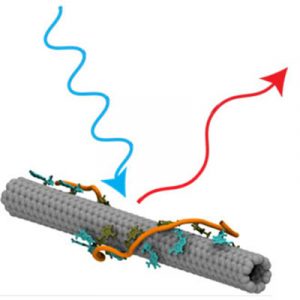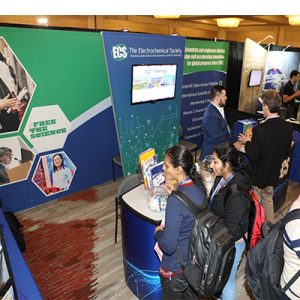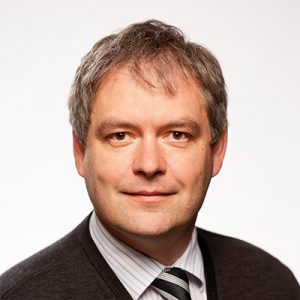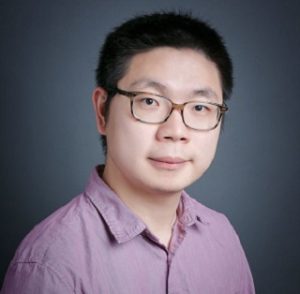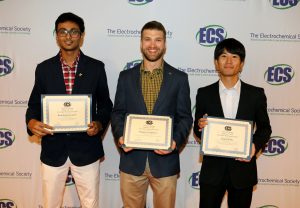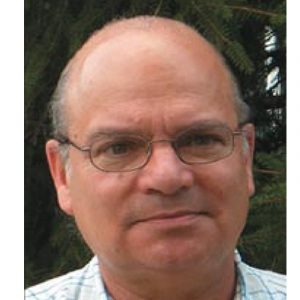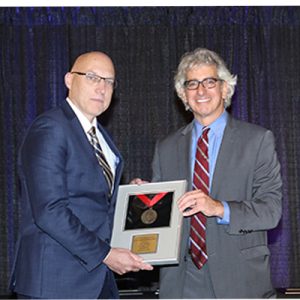
Submission Deadline EXTENDED: February 12, 2020 March 15, 2020
Submit your manuscripts to the Journal of The Electrochemical Society‘s Focus Issue on Battery Safety, Reliability, and Mitigation.
About the focus issue
This Journal of The Electrochemical Society focus issue addresses the fundamental risks and issues associated with battery safety and reliability. Industry challenges with fielding safe and reliable batteries are increasing as new cell designs are introduced into advanced energy storage applications requiring higher specific energies, fast charging, and lower cost alternatives. As such, improvements in cell and battery safety design without compromising performance continues to be a major focus for researchers, manufacturers and users across all sectors of the energy storage marketplace. Better understanding of battery failure mechanisms will further enable regulatory agency approval and public acceptance of early deployment of advanced battery energy storage systems for high reliability applications. (more…)


